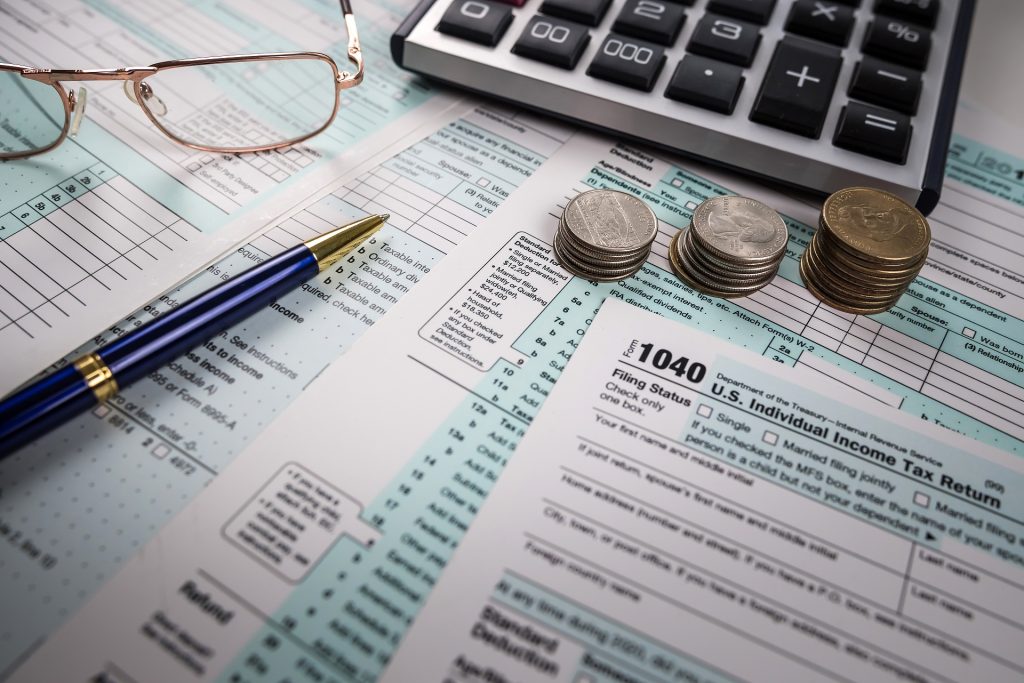Ending Capital Gains Tax on Home Sales? Here’s What It Could Mean for Homeowners
A bold new proposal in Washington could reshape the way Americans sell their homes—and potentially unlock much-needed housing supply.
Former President Donald Trump has expressed support for a bill that would eliminate capital gains taxes on the sale of a primary residence, signaling what many see as a shift toward incentivizing homeownership mobility and alleviating market gridlock.
🔔 What’s Being Proposed?
The No Tax on Home Sales Act (H.R. 4327), introduced by Rep. Marjorie Taylor Greene (R-Ga.), would eliminate all capital gains taxes on the sale of a home—regardless of the profit amount—as long as the property was the seller’s primary residence.
“The capital gains tax on home sales is an outdated, unfair burden—especially in today’s housing market, where values have skyrocketed. My bill fixes that,” Greene stated.
Trump has publicly praised the bill twice this month, calling it a potential solution to the “stay-put penalty” that discourages homeowners from selling.
💰 How Capital Gains Tax Works Today
Under current law:
-
Single taxpayers can exclude up to $250,000 in profit.
-
Married couples filing jointly can exclude up to $500,000 in profit.
-
Anything above those limits is subject to capital gains taxes, typically 15% to 20% depending on income.
For example, a couple who bought a home for $400,000 in the 1990s and sold it for $1.2 million today would have an $800,000 gain. After excluding $500,000, the remaining $300,000 would be taxed—potentially costing them $60,000 at a 20% rate.
Under the proposed law, the entire $800,000 gain would be tax-free.
🏠 Why This Matters: Equity Is Surging
As home values have climbed, more Americans are bumping up against the exclusion limits. According to the National Association of Realtors (NAR):
-
About 29 million homeowners already have enough equity to exceed the $250,000 exclusion.
-
Nearly 8 million exceed the $500,000 limit.
-
By 2030, more than half of U.S. homeowners could face capital gains tax burdens when they sell.
High-cost areas like California, Massachusetts, and parts of the Pacific Northwest are disproportionately affected.
🔄 Impact on Housing Supply
Economists and housing experts argue that capital gains taxes discourage homeowners from selling, especially those with ultra-low interest rates and significant equity.
“This stagnation in housing turnover is rippling through the entire market, driving up costs and limiting opportunity,” said Shannon McGahn, executive VP at NAR. “It’s exactly the opposite of what public policy should encourage.”
The proposal aims to unlock housing inventory by making it easier for long-term owners to sell and move—freeing up homes for first-time buyers and growing families.
📉 Market Conditions and Momentum
Housing inventory is slowly improving:
-
Active listings rose nearly 29% year-over-year in June, per Realtor.com.
-
But listings are still 11% below pre-pandemic levels.
-
Delistings—homes taken off the market—are up 35% year-to-date, a sign that many sellers are unwilling to accept current prices or face tax liabilities.
“Buyers have more options than they’ve had in years,” said Realtor.com Chief Economist Danielle Hale. “But strong equity positions and lofty price expectations are keeping many sellers on the sidelines.”
🔧 Will It Pass?
The bill currently awaits committee hearings in the House, and it’s unclear how much bipartisan support it will receive. However, Trump’s endorsement may give it the visibility needed to gain traction, especially during an election year when housing affordability is a top concern.
Investor and “Shark Tank” personality Kevin O’Leary added his support, calling the bill “common sense” on X (formerly Twitter):
“No capital gains tax on your primary home means young families can grow without getting punished… Want people to build wealth? Don’t tax them to death when they trade up.”
🏦 What About Interest Rates?
Trump also hinted that eliminating the capital gains tax might not even be necessary if the Federal Reserve lowers interest rates, making mortgages more affordable again.
“If the Fed would lower the rates, we wouldn’t even have to do that,” Trump told reporters during a July 22 meeting with Philippines President Ferdinand Marcos Jr.
As of mid-July, the average 30-year fixed mortgage rate sits at 6.75%, relatively unchanged from last year.
🔚 Bottom Line
If passed, the No Tax on Home Sales Act could:
-
Encourage homeowners to sell without fearing a massive tax hit.
-
Stimulate housing turnover and inventory growth.
-
Help younger buyers by freeing up starter homes.
Whether Congress will back such a sweeping change remains to be seen. But the growing public support from homeowners, real estate professionals, and political leaders suggests the issue isn’t going away anytime soon.












